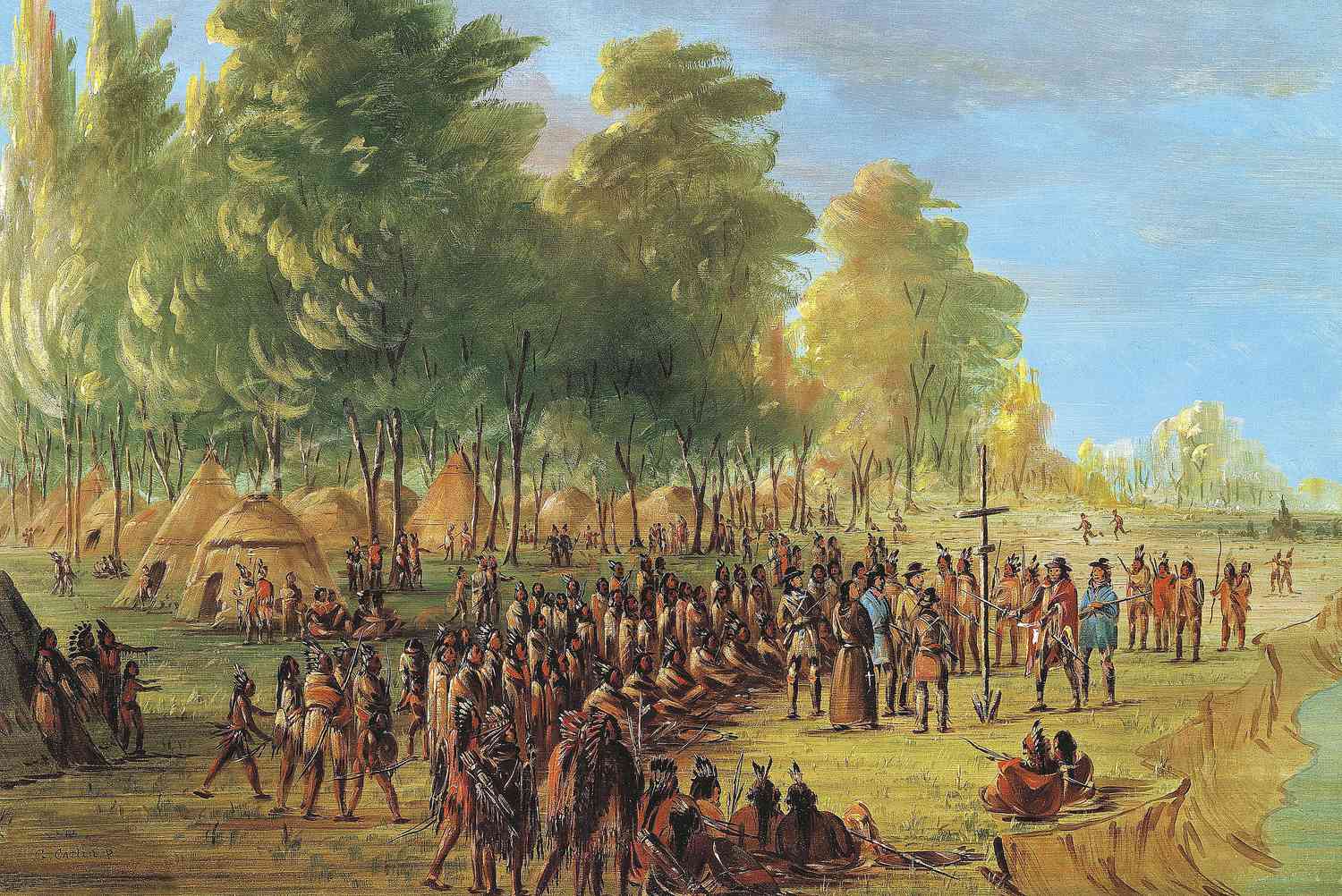
René-Robert Cavelier, Sieur de La Salle, stands as a towering figure in the annals of exploration, embodying the spirit of adventure and the relentless pursuit of discovery. Born in France in 1643, this intrepid explorer carved his name into the heart of North American history through daring expeditions that sought to chart unknown territories and expand French territory. La Salle's journeys were not just about claiming land; they were about understanding the vast, unexplored landscapes of the New World. From navigating the Great Lakes to trekking down the Mississippi River, his adventures opened up new pathways for trade, settlement, and cultural exchange. La Salle's legacy is a testament to the power of curiosity, courage, and determination in facing the unknown. Join us as we uncover 18 fascinating facts about La Salle, a true pioneer whose explorations laid the groundwork for future generations.
Who Was La Salle?
René-Robert Cavelier, Sieur de La Salle, was a French explorer known for his expeditions in North America. His adventures were filled with daring and discovery.
-
La Salle was born in Rouen, France, in 1643. His early life in France set the stage for his future explorations.
-
He initially trained to be a Jesuit priest. However, he left the order and pursued a different path, leading him to the New World.
-
La Salle arrived in New France (Canada) in 1667. His move to North America marked the beginning of his exploration career.
La Salle's Expeditions
La Salle's journeys took him across vast and uncharted territories. His expeditions were significant in mapping and understanding North America.
-
In 1673, he explored the Ohio River. This expedition helped map the river and its surrounding areas.
-
La Salle claimed the Mississippi River basin for France in 1682. He named the region "Louisiana" in honor of King Louis XIV.
-
He built Fort Frontenac in 1673. Located in present-day Kingston, Ontario, this fort served as a trading post and military base.
Challenges and Hardships
Exploration in the 17th century was fraught with difficulties. La Salle faced numerous challenges during his travels.
-
La Salle's crew often mutinied. Discontent among his men led to several mutinies, complicating his missions.
-
He faced harsh weather conditions. Extreme cold, heat, and storms were constant threats during his expeditions.
-
La Salle struggled with limited supplies. Food and resources were scarce, making survival difficult.
Legacy and Impact
La Salle's explorations left a lasting impact on North America. His contributions to geography and history are still remembered today.
-
He established trade routes. These routes facilitated commerce between Native American tribes and European settlers.
-
La Salle's maps were used for future explorations. His detailed maps helped other explorers navigate the continent.
-
He influenced French colonization in North America. His claims and settlements paved the way for future French colonies.
La Salle's Final Expedition
La Salle's last journey was marked by ambition and tragedy. His final expedition aimed to establish a French colony at the mouth of the Mississippi River.
-
In 1684, he set sail with four ships. La Salle's goal was to establish a colony in the Gulf of Mexico.
-
He missed the Mississippi River and landed in Texas. This navigational error led to significant challenges.
-
La Salle's colony struggled to survive. Disease, starvation, and conflicts with Native Americans plagued the settlers.
-
His men mutinied and killed him in 1687. La Salle's ambitious journey ended in tragedy when his own men turned against him.
La Salle's Influence on Modern America
La Salle's explorations have had a lasting influence on the United States. His legacy can be seen in various aspects of American history and geography.
Piecing Together La Salle's Legacy
La Salle's expeditions reshaped maps and minds alike, leaving an indelible mark on history. His journeys weren't just about claiming lands; they were about bridging worlds, understanding diverse cultures, and pushing the boundaries of known territories. Despite facing daunting challenges, his resilience and vision paved the way for future explorers. La Salle's story, filled with ambition, tragedy, and discovery, serves as a testament to the human spirit's unyielding quest for knowledge and adventure. As we reflect on his contributions, let's remember the lessons of perseverance, curiosity, and the importance of exploring the unknown. La Salle's legacy, rich in both triumph and turmoil, continues to inspire adventurers and dreamers across the globe.
Was this page helpful?
Our commitment to delivering trustworthy and engaging content is at the heart of what we do. Each fact on our site is contributed by real users like you, bringing a wealth of diverse insights and information. To ensure the highest standards of accuracy and reliability, our dedicated editors meticulously review each submission. This process guarantees that the facts we share are not only fascinating but also credible. Trust in our commitment to quality and authenticity as you explore and learn with us.


